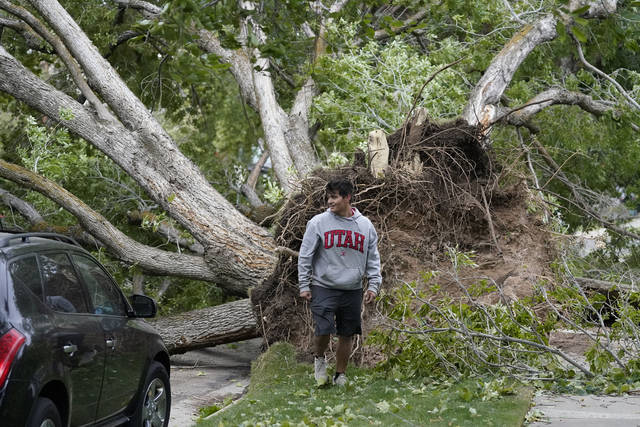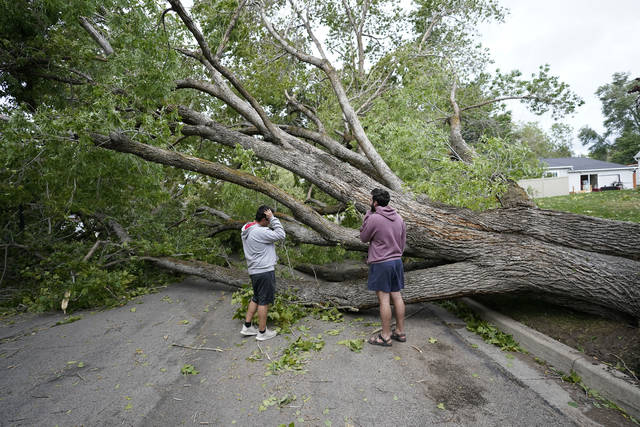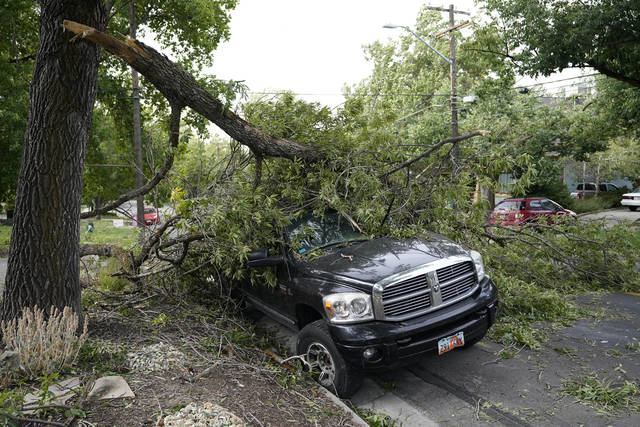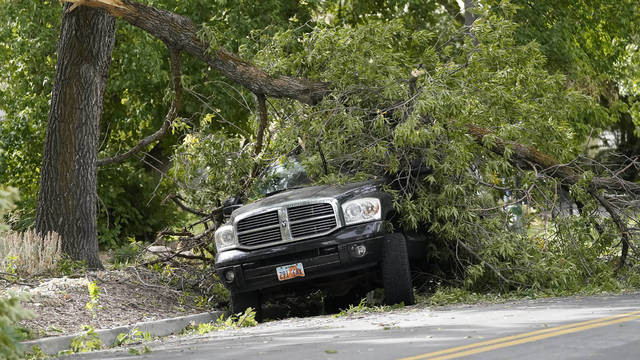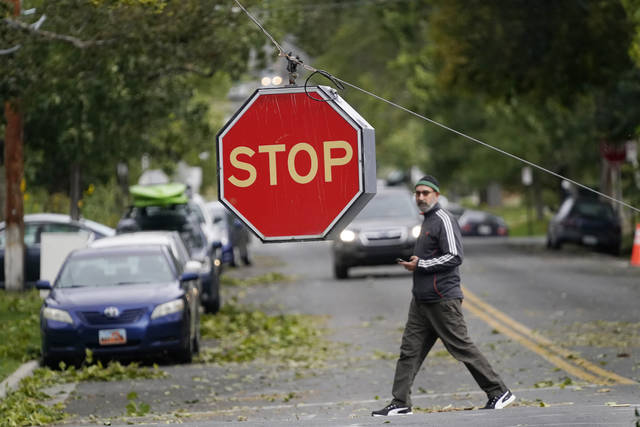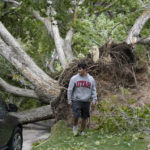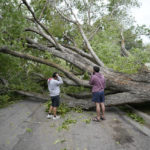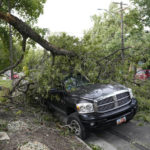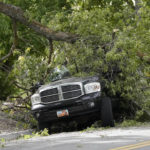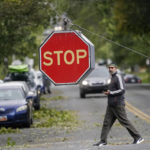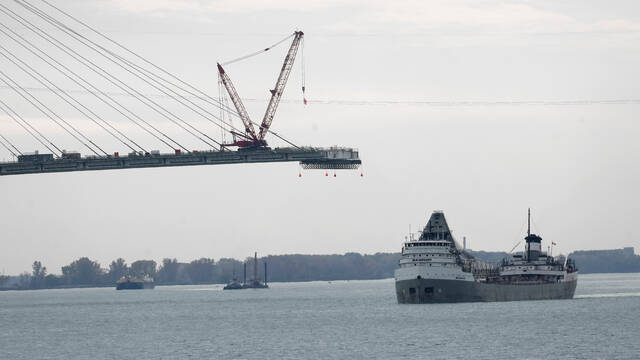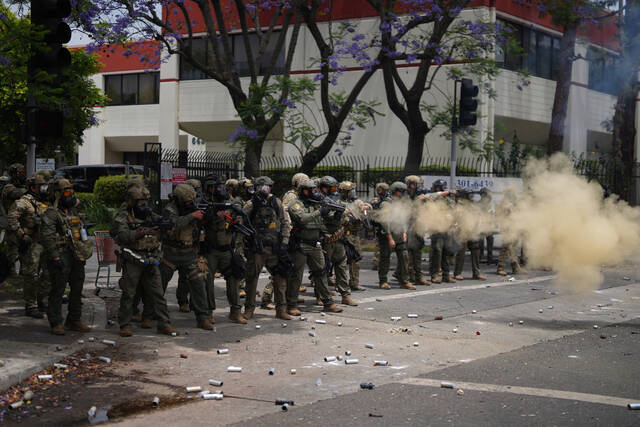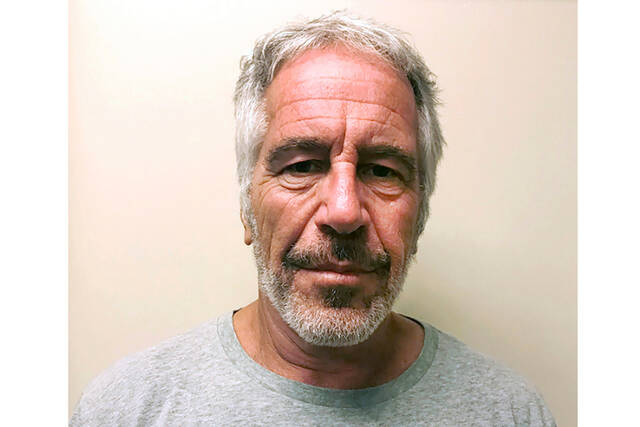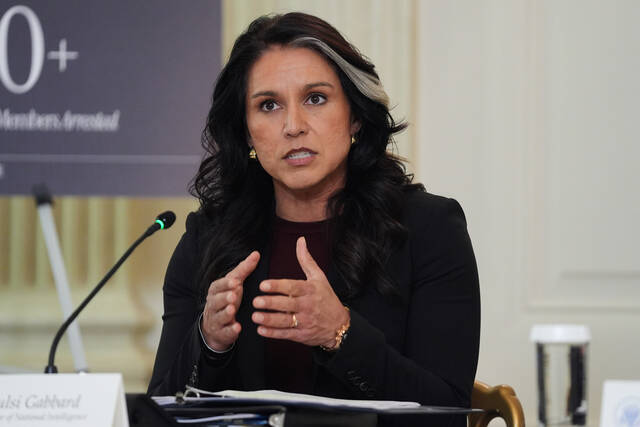Summer came to an abrupt halt in parts of the Rocky Mountains on Tuesday as temperatures reaching into the 90s plunged by around 60 degrees in less than 24 hours, with a powerful surge of cold air from Canada unleashing snow and damaging winds in several states.
The roller coaster weather ripped up trees by their roots, piled up snow that shut down parts of the scenic road through Glacier National Park and knocked out power to tens of thousands. But the temperature drop gave some relief to crews fighting wildfires in Colorado and Montana that had ballooned in hot, windy weather and forced people to flee their homes.
Heat and strong winds also hit California and parts of the Pacific Northwest over the holiday weekend, triggering destructive wildfires.
Here is a loop of model forecast reflectivity through noon tomorrow. The heaviest snow is expected late this afternoon and evening. #COwx pic.twitter.com/Wf3sCFcMLP
— NWS Boulder (@NWSBoulder) September 8, 2020
Snow fell in Colorado, Montana and Wyoming, where portions of Interstate 80 closed and forecasters predicted up to a foot in the mountains and temperatures in the teens overnight.
In Utah, where temperatures dropped by 40 degrees, wind gusts of nearly 100 mph roared through the Salt Lake City area, downing trees and leaving tens of thousands without electricity. Several northern Utah school districts canceled classes, and officials warned people to stay inside if possible to avoid flying debris, downed power lines and other dangers. Several semitrailer trucks blew over on northern Utah highways.
The Utah Capitol, which was already closed to visitors because of the coronavirus pandemic, shut to employees as well Tuesday as winds ripped up large trees by their roots, Lt. Gov. Spencer Cox tweeted.
Six inches or more of snow could fall in the northern and central Rockies, with 1 to 2 feet dropping in the highest peaks, the National Weather Service said. It has issued scattered winter storm warnings and weather advisories from southern Montana to southern Colorado. Freeze and frost warnings also were posted for parts of Montana, Idaho, Colorado, Nebraska, North Dakota and Minnesota.
One Chris in the studio, the other out in the field! We're LIVE covering the drastic temperature drop and #snow in #Colorado. pic.twitter.com/pZUucCfjlz
— The Weather Channel (@weatherchannel) September 8, 2020
The cold and snow will help the fight against the Cameron Peak Fire in northern Colorado, which nearly quadrupled in size over the weekend, sending smoke and ash into Denver. The weather was gradually expected to warm up, with temperatures back up in the 80s by the weekend in the Denver area.
In Montana, where the weather began to shift Sunday night, the small city of Red Lodge, a gateway to Yellowstone National Park, had received 10.5 inches of snow. Farther north in Glacier National Park, snow closed the higher elevations of the Going-to-the-Sun Road.
A windstorm in western Montana on Monday knocked down trees and power lines and damaged docks and boats on Flathead Lake, the largest natural freshwater lake west of the Mississippi River in the contiguous United States. Ken and Karen Brown, who live in Safety Bay on the southwest side of the lake, told NBC Montana that the community usually lives up to its name but that wind-driven waves took most of the planks off their dock.
Wyoming was blanketed in snow on Tuesday a day after recording high temperatures pic.twitter.com/xJWqQT7K3j
— Reuters (@Reuters) September 8, 2020
“This is probably one of the stronger storms we’ve had in the 23 years I’ve been here,” Ken Brown told the TV station.
Warm weather in Montana over the weekend also fueled the rapid growth of a wildfire near the university town of Bozeman, forcing people to evacuate their homes and trapping three firefighters who had to deploy their fire shelters, a last-ditch effort to protect themselves, as the blaze burned over them, the Department of Natural Resources and Conservation said.
A wild #Wednesday is on tap across the Rockies, Front Range and high Plains. It will remain hot across the South and parts of the West Coast. Here is the latest #WednesdayPreview: https://t.co/C18OlyXIun pic.twitter.com/XNunZIOcHG
— WeatherBug (@WeatherBug) September 8, 2020
After the fire passed, they were able to walk out of the area and were taken to the hospital for evaluation, The Great Falls Tribune reported.


